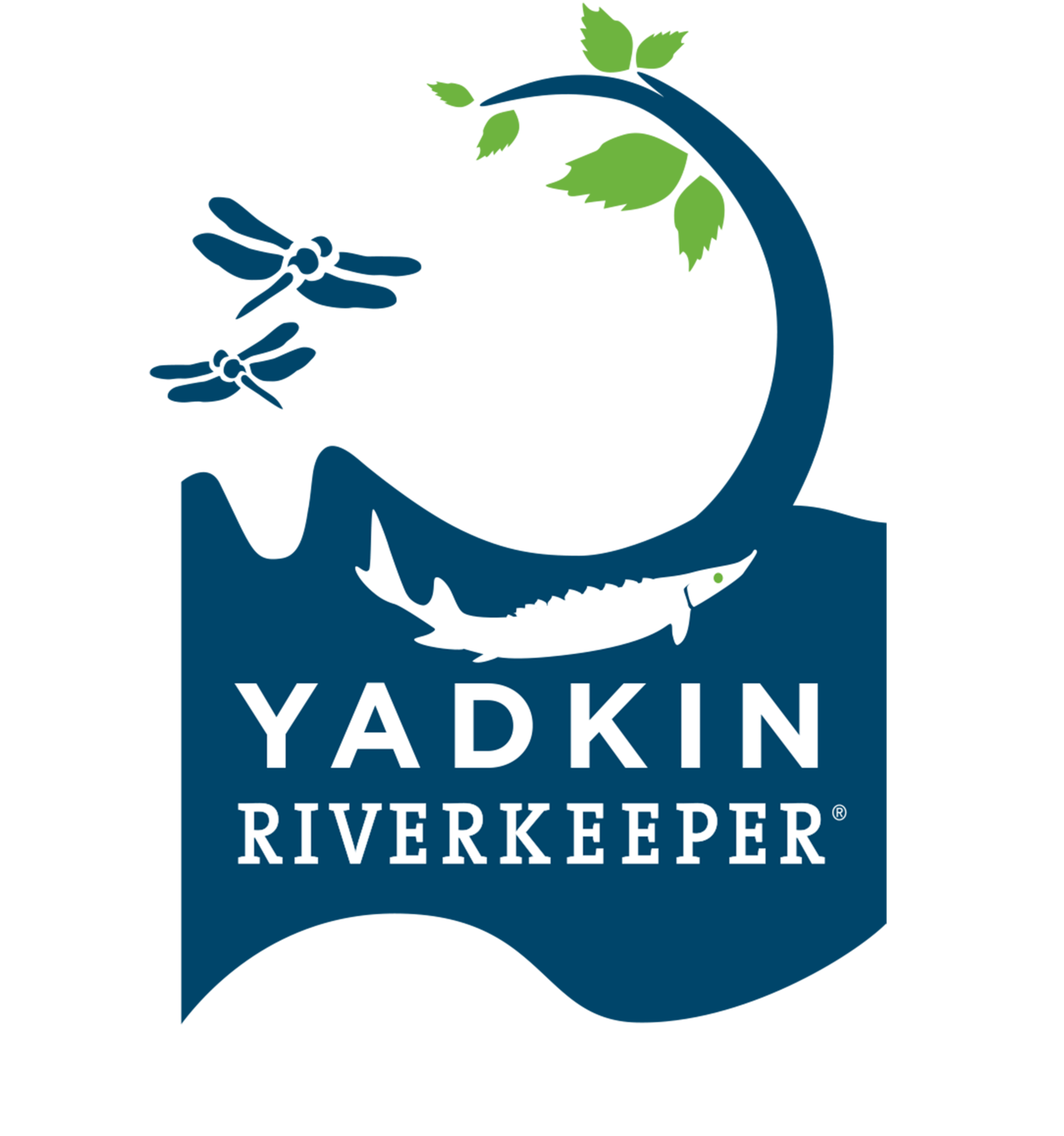Over the past several years, Yadkin Riverkeeper has been closely following state regulatory efforts to assess and address the contamination resulting from the former ALCOA aluminum smelter near Badin Lake. That work is far from finished. We continue to express concern about the lack of an adequate corrective action plan to clean up hazardous waste at the site.
Last year, ALCOA attempted to transfer its hazardous waste permit to Badin Business Park, an ALCOA subsidiary. The company had previously transferred the contaminated land to Badin Business Park (BPP), and applied to transfer the permit, and $2 million, for eventual cleanup, to the BBP. Potential contaminants at the site include polychlorinated biphenyl (PCB), mercury, cyanide, trichloroethylene (TCE), chromium, lead, zinc, and several semi-volatile organic compounds. The total area of land affected by these contaminants, and their movement into groundwater or the lake, has not been fully or accurately assessed.
Yadkin Riverkeeper has opposed the transfer of the permit because no corrective action plan has been developed and the extent of the contamination and related cleanup costs are unknown. As far as we can determine, BBP has no assets other than the contaminated land, and no source of income. If the cleanup costs were to exceed the allotted $ 2 million dollars, it is possible that Badin Business Park could go bankrupt, leaving taxpayers to finance the project.
In November 2018, Yadkin Riverkeeper, the Southern Environmental Law Center, and the Duke Environmental Law and Policy Clinic attended a hearing on the proposed waste permit transfer. We spoke against the transfer due to the unknown nature of the final cleanup plan, questions about the original site sampling and extent of contamination, and health impacts on the community.
In late December 2018, we learned the state Division of Waste Management in the NC Department of Environmental Quality decided to delay the permit transfer, pending further examination of these issues and the development of an adequate corrective action plan – a great success at year’s end!
Yadkin Riverkeeper would like to express its thanks to our partners at the Southern Environmental Law Center and the Duke Environmental Law and Policy Clinic for the long hours researching the legal background and original sampling program, both of which exposed problems with the premature transfer of the waste permit. We look forward to working with them and the impacted communities in the future as the ALCOA legacy of toxic contamination continues to pose potential threats to environment and public health.
Image courtesy of Duke Environmental Law & Policy Clinic

